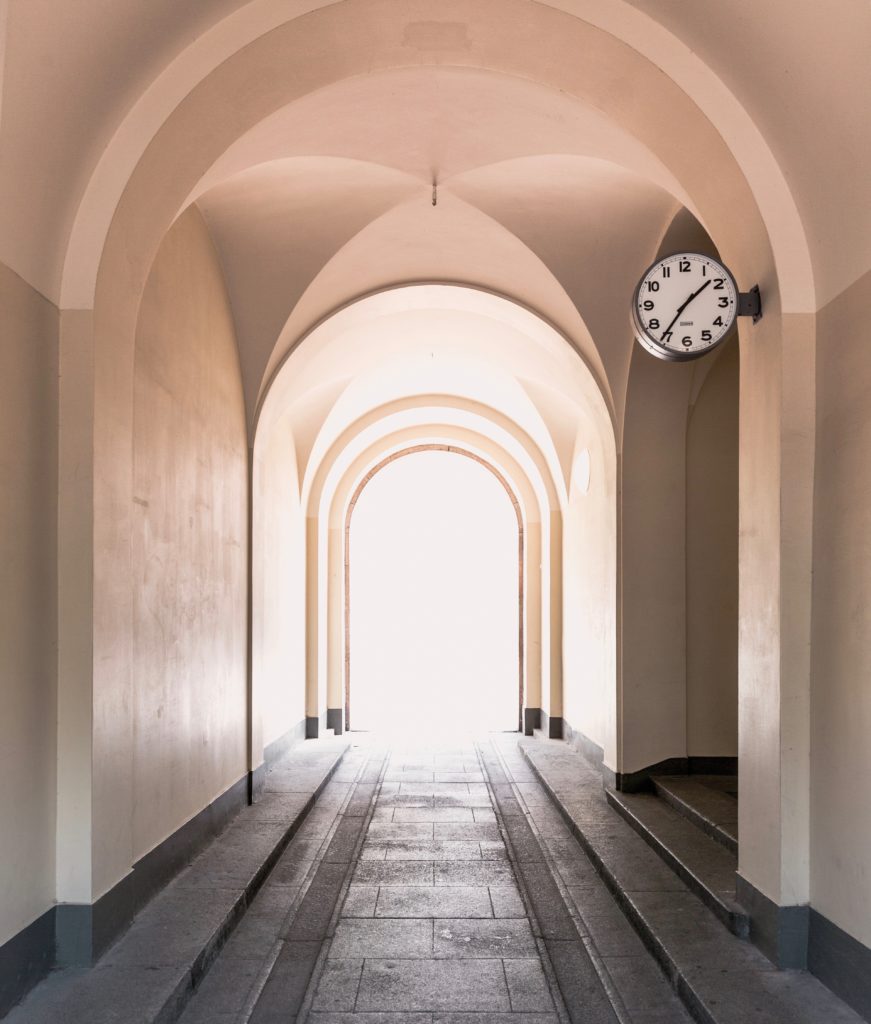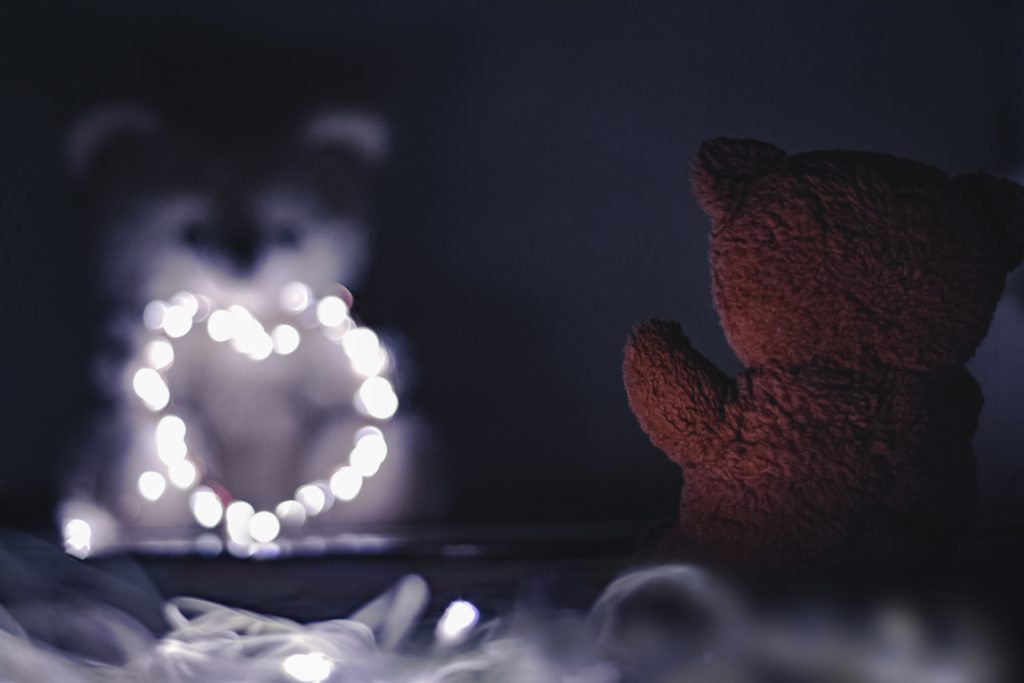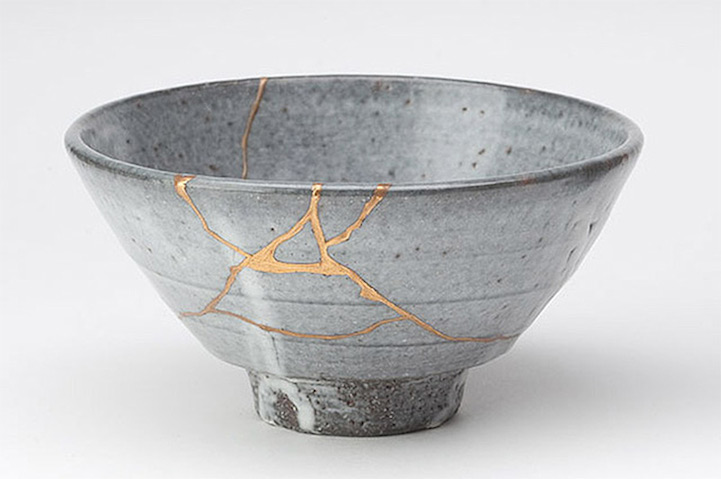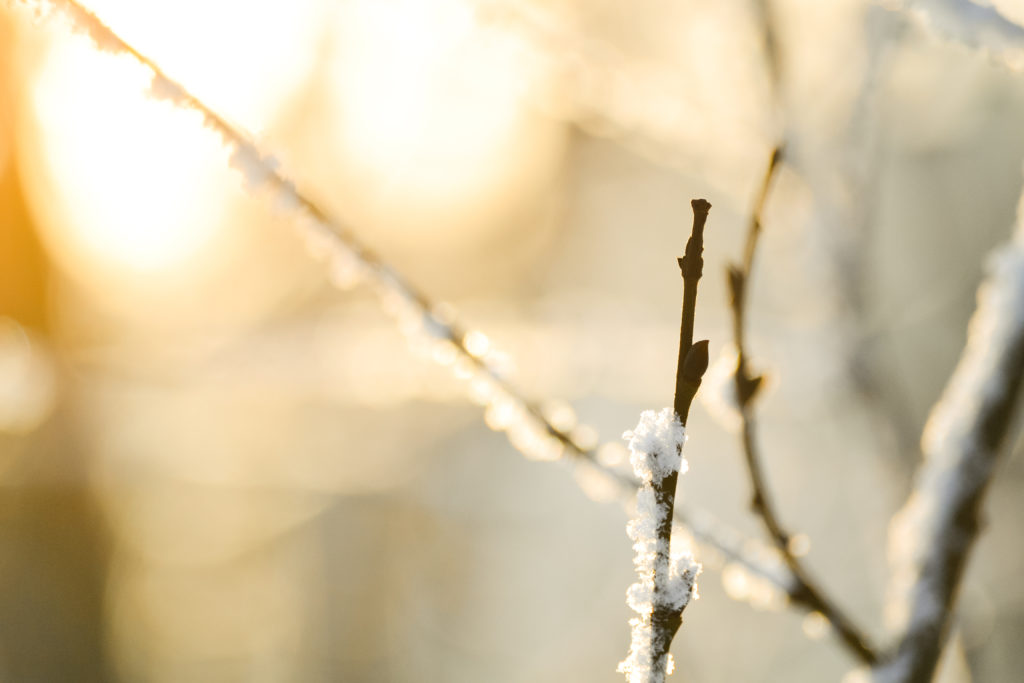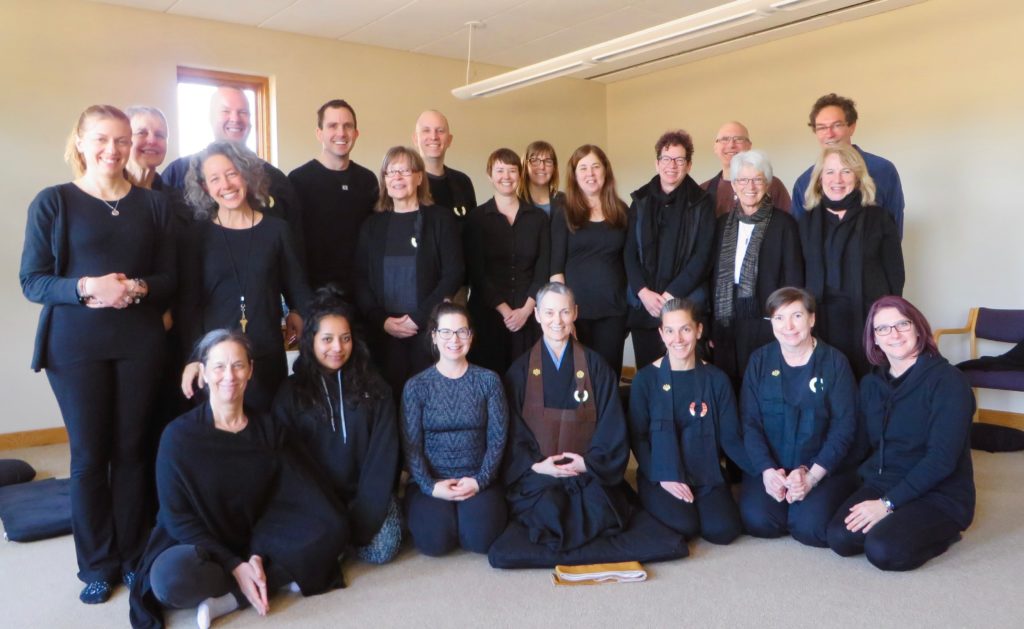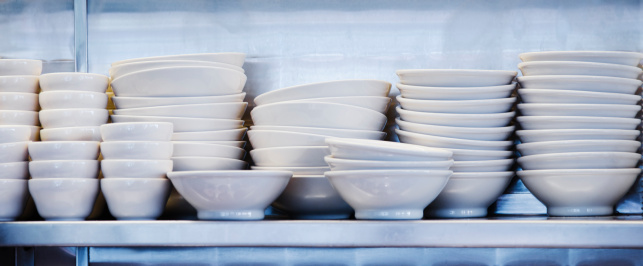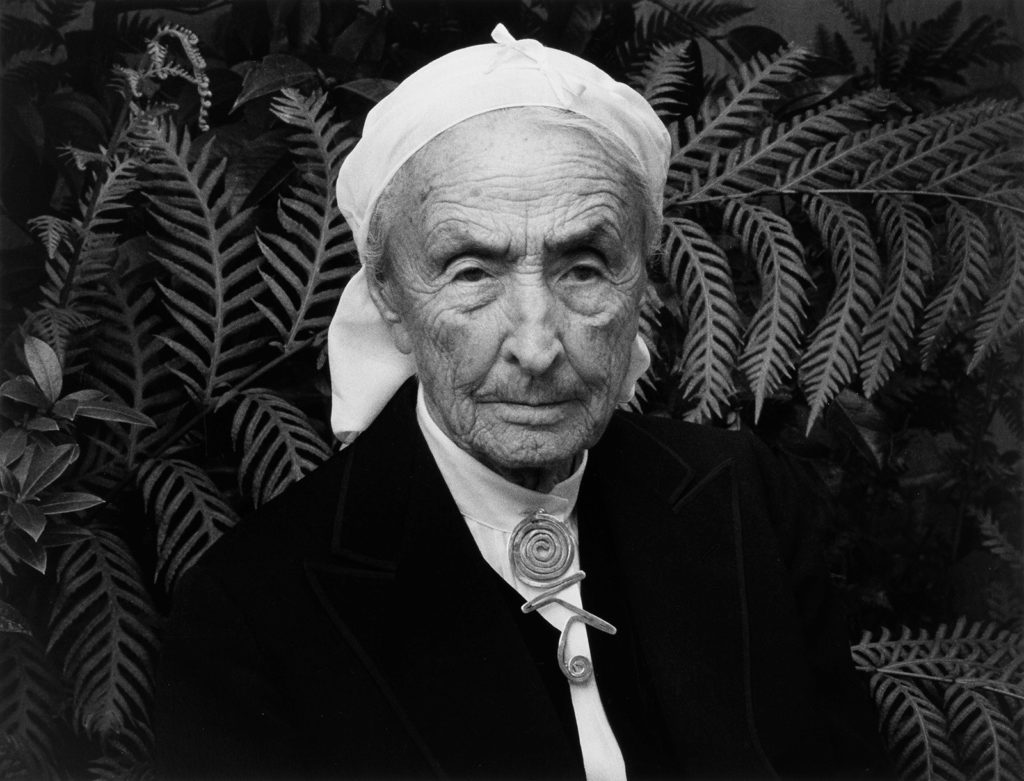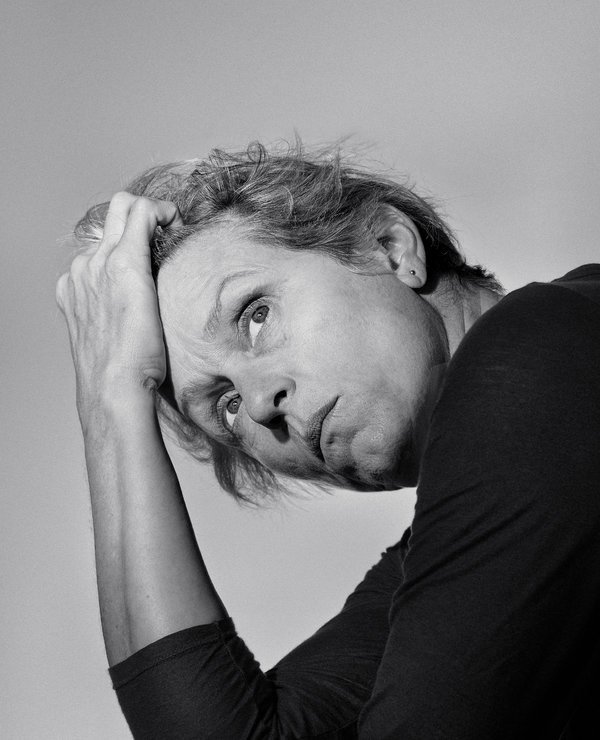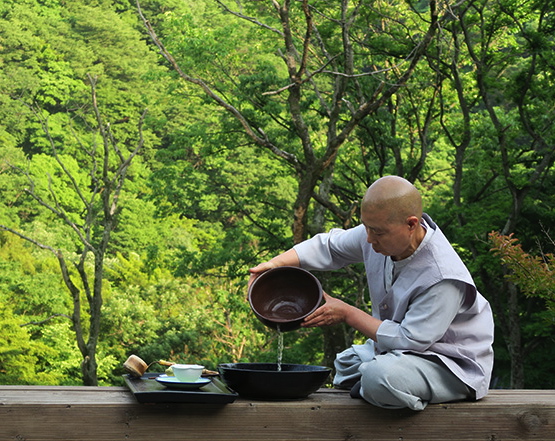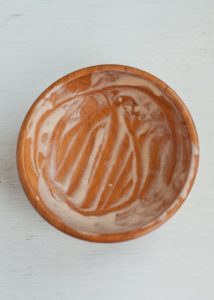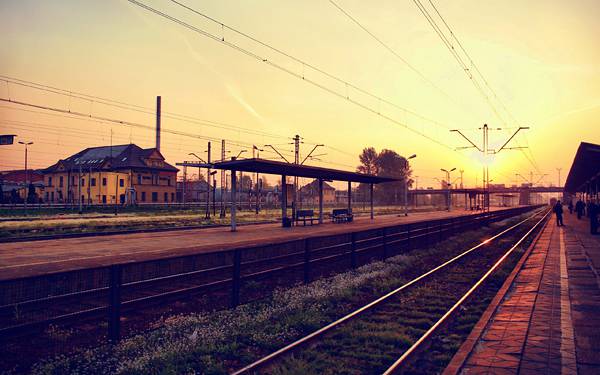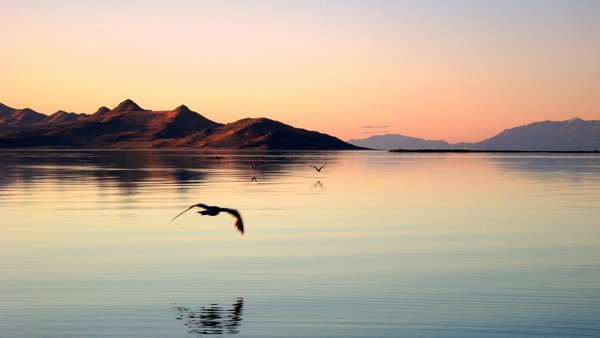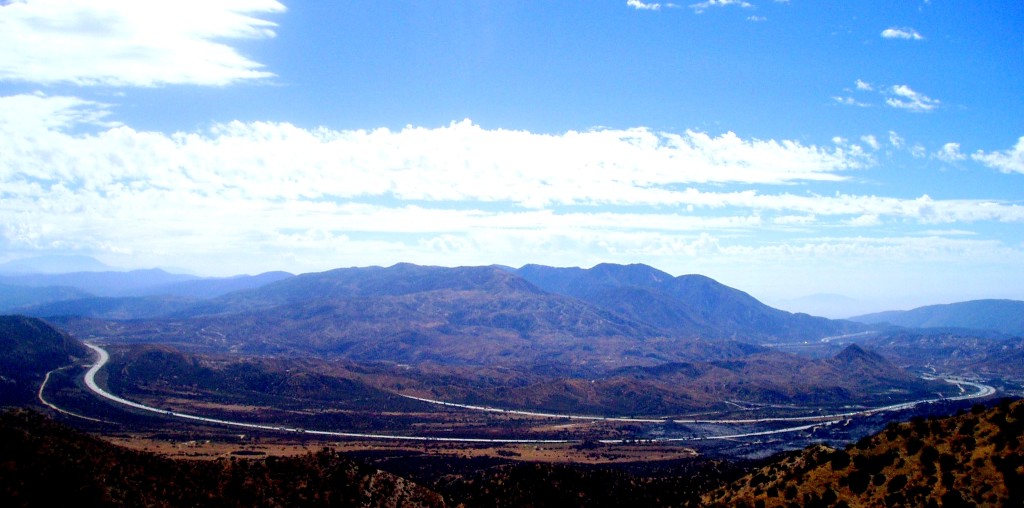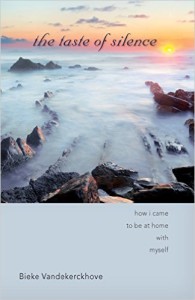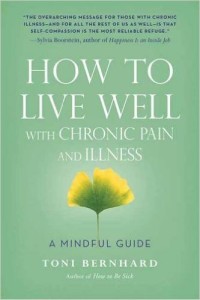
I met plenty of powerful people in interesting situations before I began my practice.
I met the heads of some of the world’s largest companies.
I met the founder of Enron before his titanic collapse.
I stayed too long having cocktails with the Governor of Texas and missed my flight home.
I saw a President of the United States having a club sandwich on a sun deck outside a hotel.
I met Frank Sinatra when he was still doing it his way.
I met a Super Bowl quarterback, a Hall of Fame pitcher, and the general manager of the New York Yankees.
I met three Heisman Trophy winners, including one who would be acquitted of the crime of the century.
I met a half-dozen television anchors, two big-city mayors, and a Pulitzer Prize-winning writer.
None of this was because of me, but because when you are a young woman in business, certain doors open to you.
What I remember about all of these fellows is that they were well-dressed. (Except for the writer.) And by that I mean they wore fine shoes: expensive and polished to a mirror shine. Because when it comes right down to it, shoes really do make the man.
And then I met the most powerful human being I’ve ever encountered, in the most uninteresting situation imaginable, and he wore no shoes.
He wore no shoes.
***
Everyone you ever meet is holding up a mirror to you. If you like what you see, it’s because it validates or elevates your self-image. If you don’t like it, it’s because you’ve seen some aspect of yourself that you’d rather hide or run away from.
A teacher is a mirror. A good teacher is a mirror without any distortion, which is to say, no judgment. From time to time, my teacher will say something that completely offends my ego. He will say, “I don’t care what you think about yourself.” This is actually the deepest and most compassionate form of caring. It means that what I think about myself is never true. This can be a shock, but it can also be a profound relief, like kicking off the shoes that are killing you.
Seeing yourself clearly seems like it would be the simplest thing in the world. Just look! But to see what’s here we have to slowly, painstakingly wipe away all the ideas, images and narratives sticking to us. We have to drop the costume that got us inside the door in the first place. This can be painful, but there is fresh-faced innocence on the other side of the mask.
The world’s largest companies don’t stay that way forever. Eventually they collapse, merge, shrink, or disappear in the churn of commerce.
The founder of Enron died in disgrace and exile. Some think it was suicide.
The governor lost re-election because he signed a law making high schoolers pass classes before playing sports.
The president lost too, for raising taxes when they needed to be raised.
Sinatra got old, got sick and died. What people remember are his early years.
The famous athletes, except for the murderer, retired to the oblivion of a record book.
Paper is dust; TV is yesterday; stars go dark.
But the Dharma never dies.
Never dies.
***
You might want to think about coming to a retreat.
